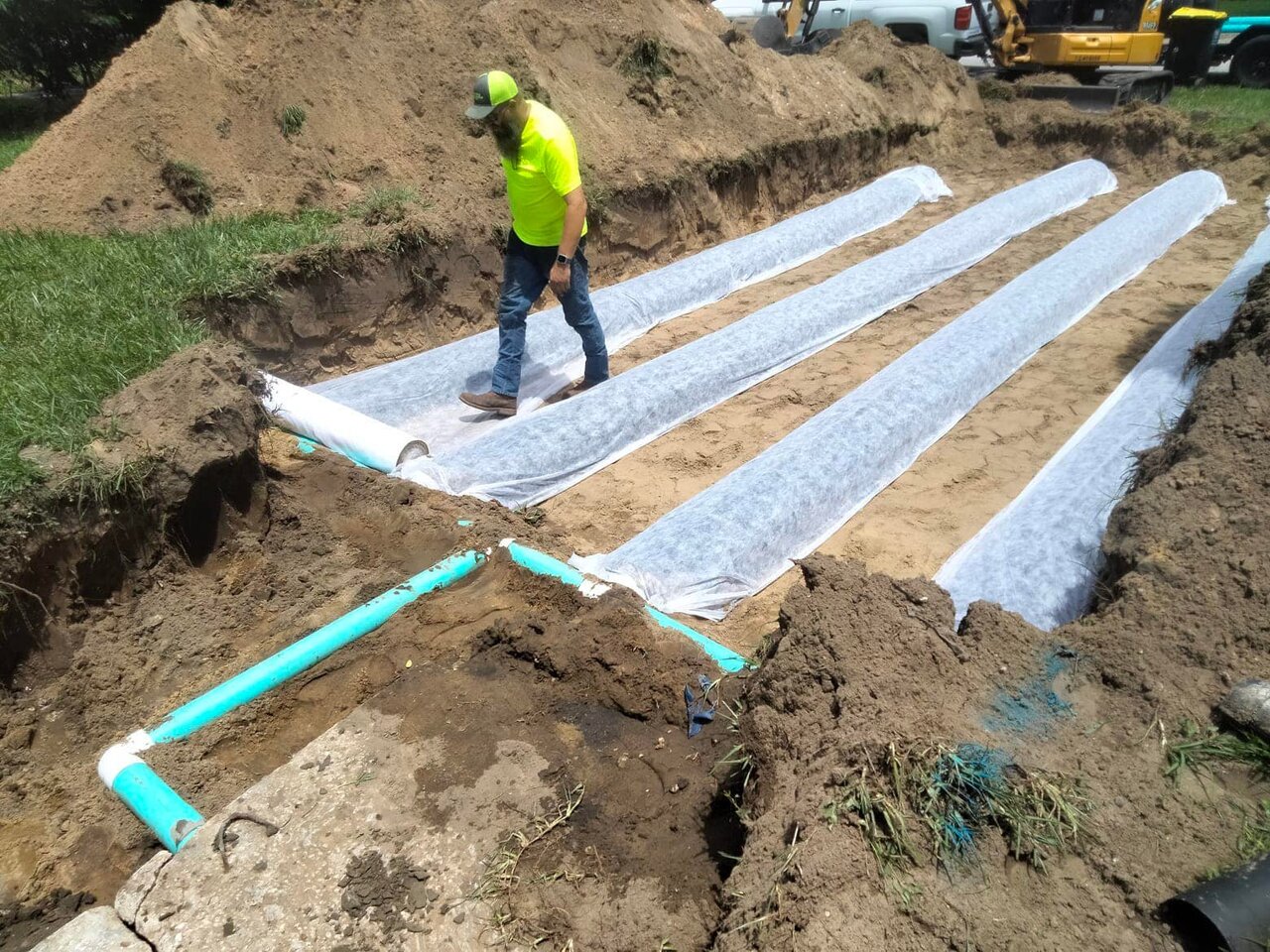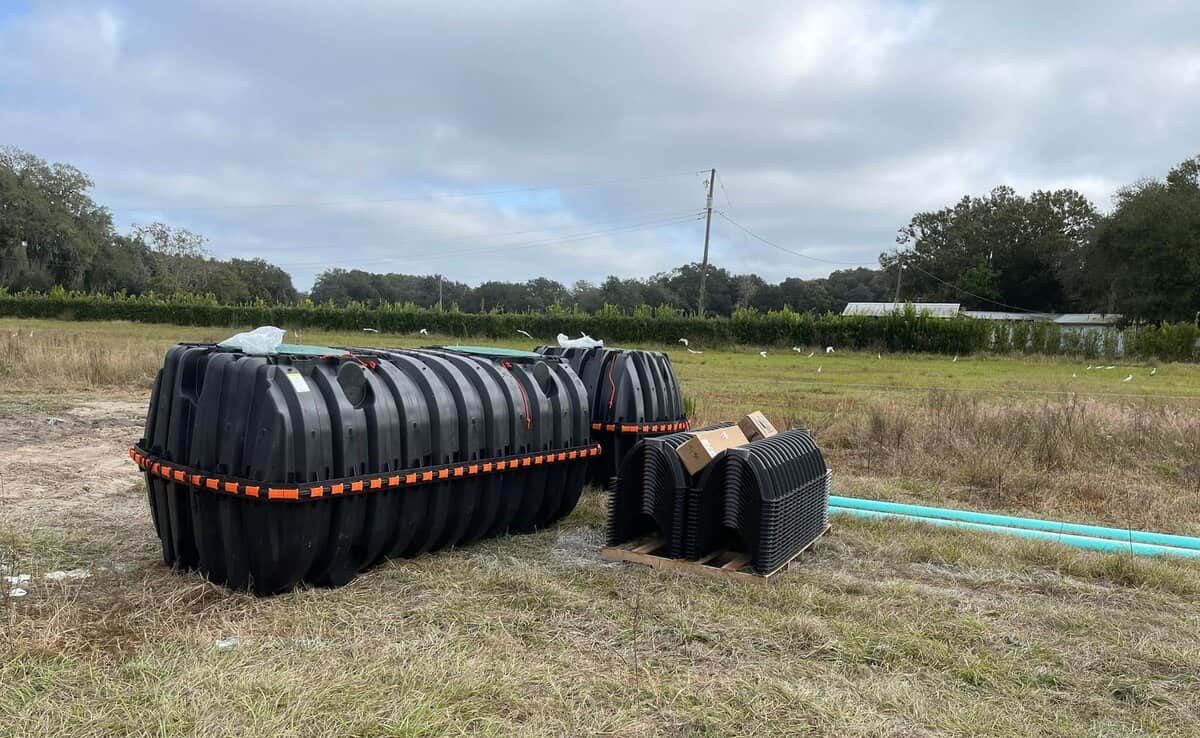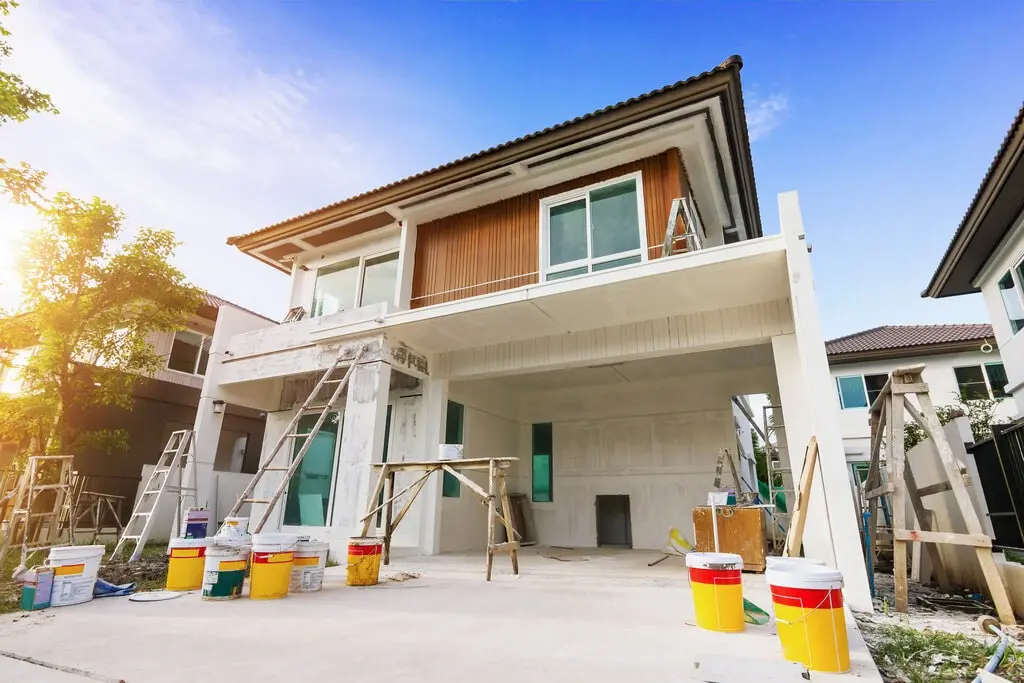Homeowners and business owners with septic systems on their property know that there are general guidelines to ensure that their wastewater processing system continues to work efficiently and without problems.
As a general rule, one should only flush toilet paper and human waste. However, the reality is that many other items get flushed or put down kitchen, bathroom, and laundry drains. Understanding exactly what is okay and what can be harmful is important in avoiding unsanitary backups and other potentially expensive problems.
Coffee Grounds and Septic System
Coffee grounds are probably one of the most common items that get flushed down the drain in the average home. However, you may be wondering if this is actually safe for your septic system. Septic professionals disagree on this subject.
Some say that, if you have a garbage disposal, coffee grounds can actually be beneficial as they can help sharpen the blades. However, if you do not have a garbage disposal, coffee grounds can build up in your septic tank and lead to clogs. It is best to avoid putting coffee grounds down the drain if you do not have a garbage disposal.
Other septic professionals say that people with septic systems should not even have or use a garbage disposal in the first place, so flushing coffee grounds would always be on the “do not do” list.
If you must dispose of coffee grounds, the best way to do so is to compost them or use them in your garden. This will allow them to break down naturally and will not put any strain on your septic system.
(However, it is worth noting that gardeners, too, are also not in agreement about using coffee in compost or directly around plants! Some say it is healthy for plants, while others say it can be harmful.)

Eggshells and Septic Systems
Another common item that is often put down the drain is eggshells. People think that since eggshells are biodegradable, they will not cause any harm to their septic system. However, eggshells can actually cause problems in your septic tank.
The reason for this is that, when eggshells break down, they release calcium carbonate into the water. This can increase the pH level of your septic tank and make it more alkaline. This can then lead to problems with the bacteria in your septic tank not being able to function properly. If these bacteria are not able to do their job, your septic system will not be able to process wastewater correctly and could fail.
As with coffee grounds, it is best to avoid putting eggshells down your drain. If you want to dispose of them, composting is the best option.
Grease and Septic Systems
Fats, oils, and grease are other common items that are often put down the drain, but they too can cause problems for your septic system. When grease cools, it can solidify and cling to the sides of your septic tank or pipes. This can then lead to clogs and backups.
Grease, fats, and oils can also make their way through the septic system into the septic drain field, where they can cause other types of problems. Drainfield pipes can become clogged, causing wastewater to back up into the septic tank or home, or contaminated wastewater might even get released into the environment.
It is always best to avoid putting fats, oils, and grease down the drain. If you must dispose of them, pour them into a container, let them solidify, and throw them away in the trash. Do not pour them down the drain!
In conclusion, there are many items that people think are safe to put down the drain but can actually cause problems for their septic system. It is best to avoid putting coffee grounds, eggshells, and grease down the drain. If you must dispose of them, composting is the best option.

Do’s and Don’ts of Septic System Care
Here is a list of items that you should and should not flush down toilets or drains to maintain the health and functioning of your septic system:
- Do flush toilet paper and human waste.
- Do not flush anything other than toilet paper and human waste.
- Do not put coffee grounds, eggshells, or grease down the drain.
- Do not pour chemicals down the drain.
- Do not flush prescription or over the counter medications.
Additionally, here are a few other tips to help you avoid costly septic system repairs or even septic replacement:
- Do have your septic tank pumped every 3-5 years.
- Do repair any leaks in your plumbing as soon as possible.
- Do spread laundry out throughout the week to minimize the possibility of overloading your septic system.
- Do use low-flow toilets and other water-conserving kitchen and bathroom fixtures.
- Do not park or drive on the drainfield or near the septic tank.
- Do not plant trees or large plants near the drain field, septic tank, or septic pipes.
- Do not neglect to have regular septic service!!
If you follow these do’s and don’ts, you will help keep your septic system healthy and functioning properly.
Summary
In general, it is best to err on the side of caution when it comes to what you put down your drains. If you are unsure about whether or not an item is safe for your septic system, it is always best to consult with a professional septic company before disposing of it down the drain. This way, you can avoid any potential problems and keep your septic system running smoothly.
Septic Services In and Near Lakeland
When you need the best septic company in and near Lakeland, contact Septic and Drainfield Depot. Our team of trained and experienced septic professionals provide fast and reliable septic and drain field services throughout central Florida.
We offer septic financing and we are available 24/7 for all your septic needs.
Contact us for free estimate.







